By Maria Cecilia Berioli
I must confess that I feel rather embarrassed when I am asked to talk about Music meant as a subjective experience. It goes without saying that it is not out of shyness or – on the contrary – affectation that I do not wish to reveal myself. It is rather – at least as far as I am concerned – the fact that I believe there exists an objective issue about such circumstance. For a musician, as a matter of fact, Music is an existential condition well before being a discipline or a cultural habitus. What I mean to say is that for a musician it is extremely hard, or perhaps downright impossible, to talk about Music as something different from oneself: normally, in fact, Music is strictly intertwined with and essential for the musician’s existential experience, to the extent that he/she cannot do without it. Music as conditio sine qua non, I would thus say, existing both from a temporal viewpoint – as the first sound experience is usually lost in the most remote memory – and from a spatial point of view, given that it is Music that revives and interprets the dimension in which a musician’s conscience expands. And it is Music, in addition, that radically informs the musician’s own perceptive capacities, to such an extent that any thought to be considered as objective on this topic is unmeasurable.
All this being said, I will try and consider, as proposed, the relationship that I see existing between Music and resilience, by referring to an objective observation, too.
Of course, Music is not something adding to the entirety of our experiences. It does not join them but, rather, it acts structurally on our esthetic experiences, i.e. on our perceptive capacities, by modifying them; indeed, I mean the term esthetic in the etymological sense of the word.
I am likely to be influenced – at least in the use of the terms – by the health emergency currently ongoing, but I would certainly say that Music behaves within us as an antibody reacting to an antigen. In summary, I believe that Music acts within us in the same way as the antibodies of our immune system that increase our chances of success with regard to the aggressive action of an external antigen. Where, in our case, the antigen is represented by the difficult situation, by the traumatic event that the individual must face by putting in place all the possible mechanisms of resilience.
In what way, therefore, does Music perform this invaluable function? Without troubling Plato’s theories – with the related and various neo-platonic proliferations that have flourished throughout the centuries – according to which harmony of Music would have the same nature as our human soul, I believe, however, that I can say that listening to Music, if done correctly – that is, not occasionally, but with due attention and concentration – represents for the individual a unique circumstance, in which he/she can explore the possibility to withdraw from the spatial-temporal categories that are the a-priori of every single perception of ours, the basis of our experiences. In this alternate and strongly unified dimension of an individual, there arise a new space and a new time, where the con-centration of all the personal resources – which we shall now call metaemotional and metarational, no longer belonging to the traditional reasoning – are to be found firmly cohesive in a center, as rarely happens, deeply strengthening, from within, the individual’s unity. Therefore, at least, his/her potential energy. From the ancient myths to the most modern chronicles we know, in fact, how harmful the centrifugal distractions are for the care of the individual’s intimate unity, and thus of his/her ability to react positively to the unfortunate events stifling his/her path.
By stating this I do not intend to say that there exists a universal reference standard, a relationship of cause/effect or – to remain in the health metaphor – a single (musical) miraculous therapy for all sufferers and for all diseases: however, I intend to suggest that the largely subjective relationship that in listening to music binds the listener to those sounds, at those rhythms, at those tones, sounding passages, harmonies, etc., defines a new individual space which is likely to be always different; a well-defined space, however, in a setting where the many faces of the same individual find, to some degree, their own voice and their own dignity. Which are, indeed, that individual’s own, and nobody else’s.
Never mind if we remain somewhat disappointed in finding out that on our cousin, supposedly, the Symphony “From the New World” by Dvořak has a completely different impact from the one that same symphony has had on a colleague of ours: every individual is different from another! Of course, when listening to music is done carefully, both in the case of the cousin and in that of the colleague, that musical experience will have flung open for both a door to a universe where it is possible to feel one’s own resonance and secret belonging to a broader horizon to which all of us can open up to receive that necessary nourishment to support ourselves at all times; to be, in short, resilient.
More or less two thousand and four hundred years ago, Plato wrote in the Timaeus that the divine Demiurge developed the soul of the world according to the principles of musical harmony, dividing that is the essence of things into seven parts giving rise two progressions, geometric and arithmetic, in a progression 3:2. Such progression is the one of the golden ratio. Progressions and relationships, truth be told, which are still nowadays under our eyes, and that would be worth reconsidering more carefully. But that is another story…

